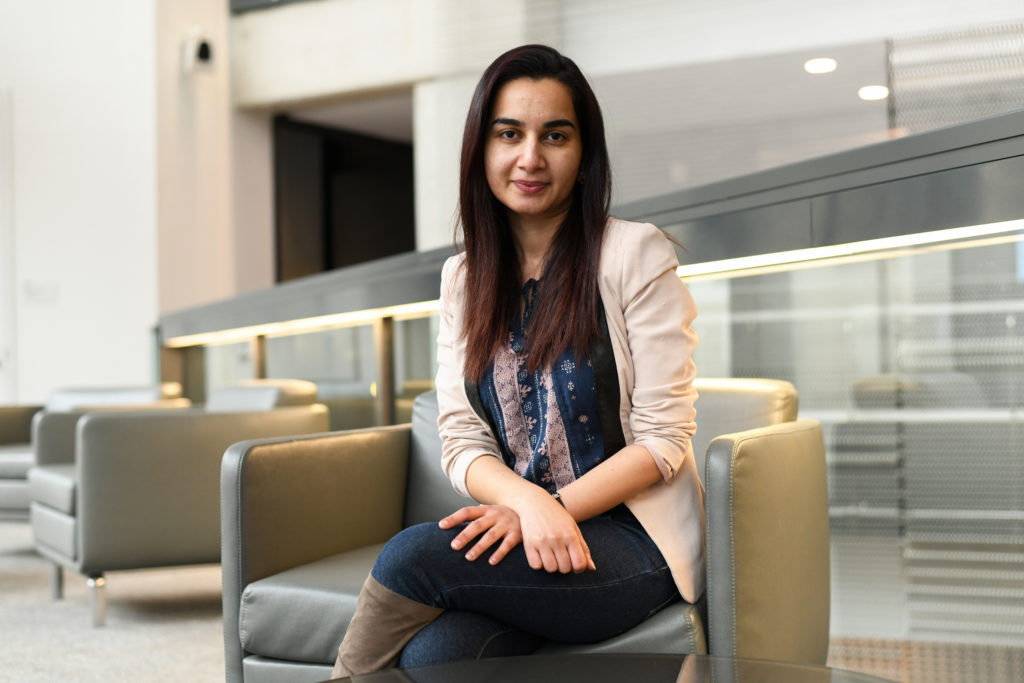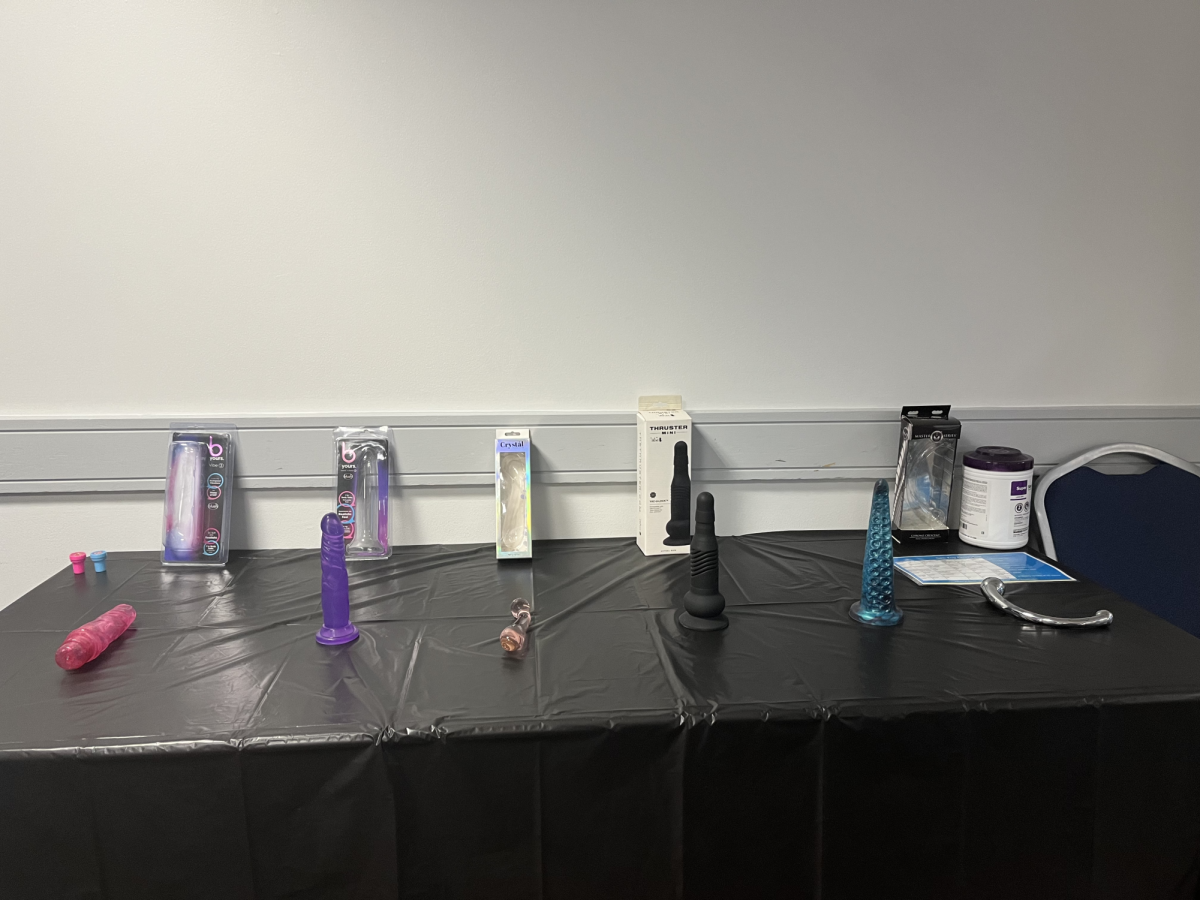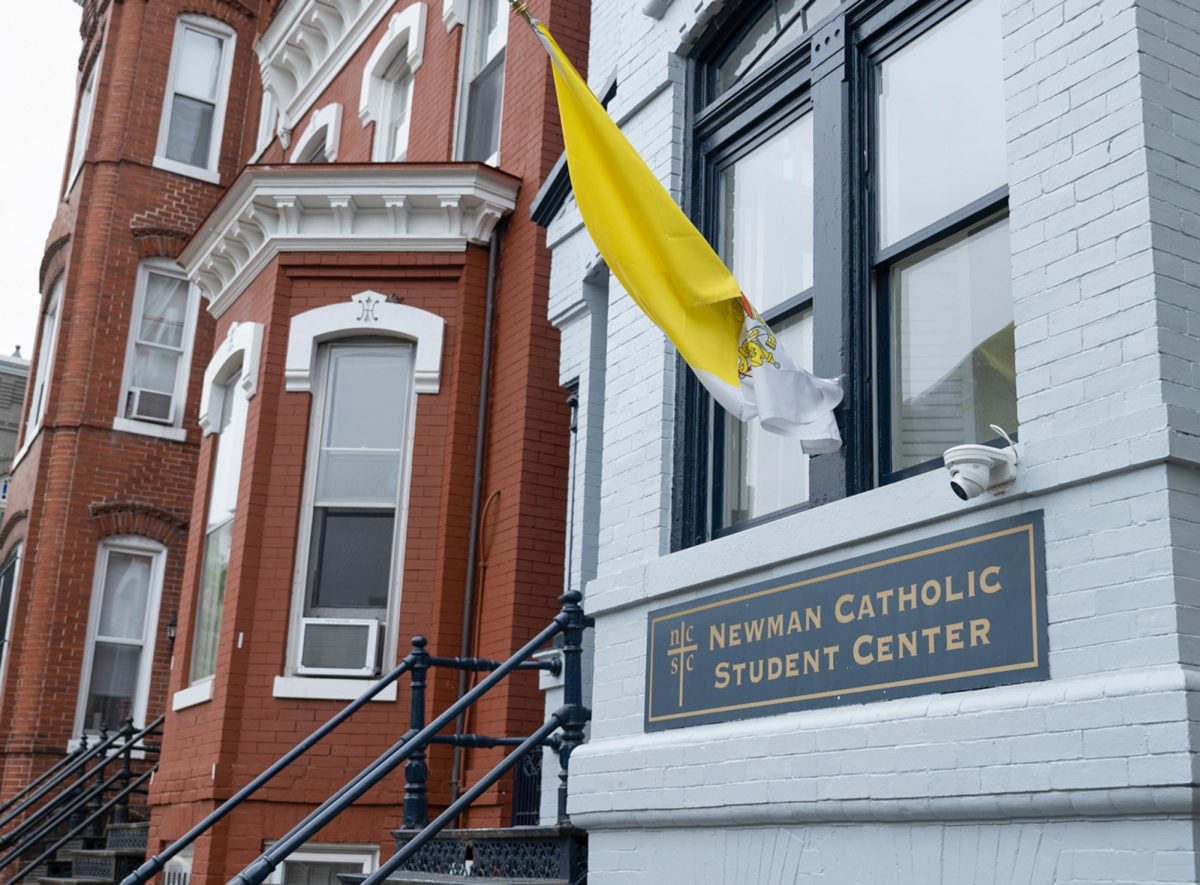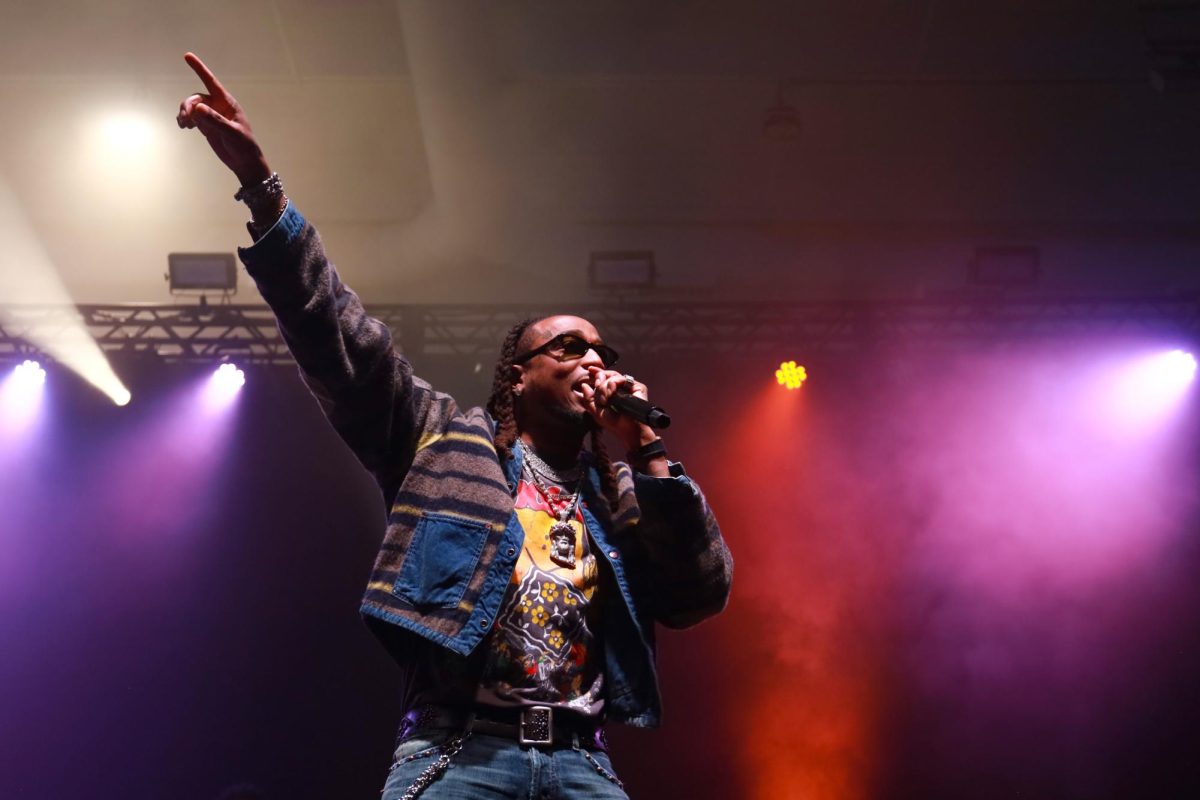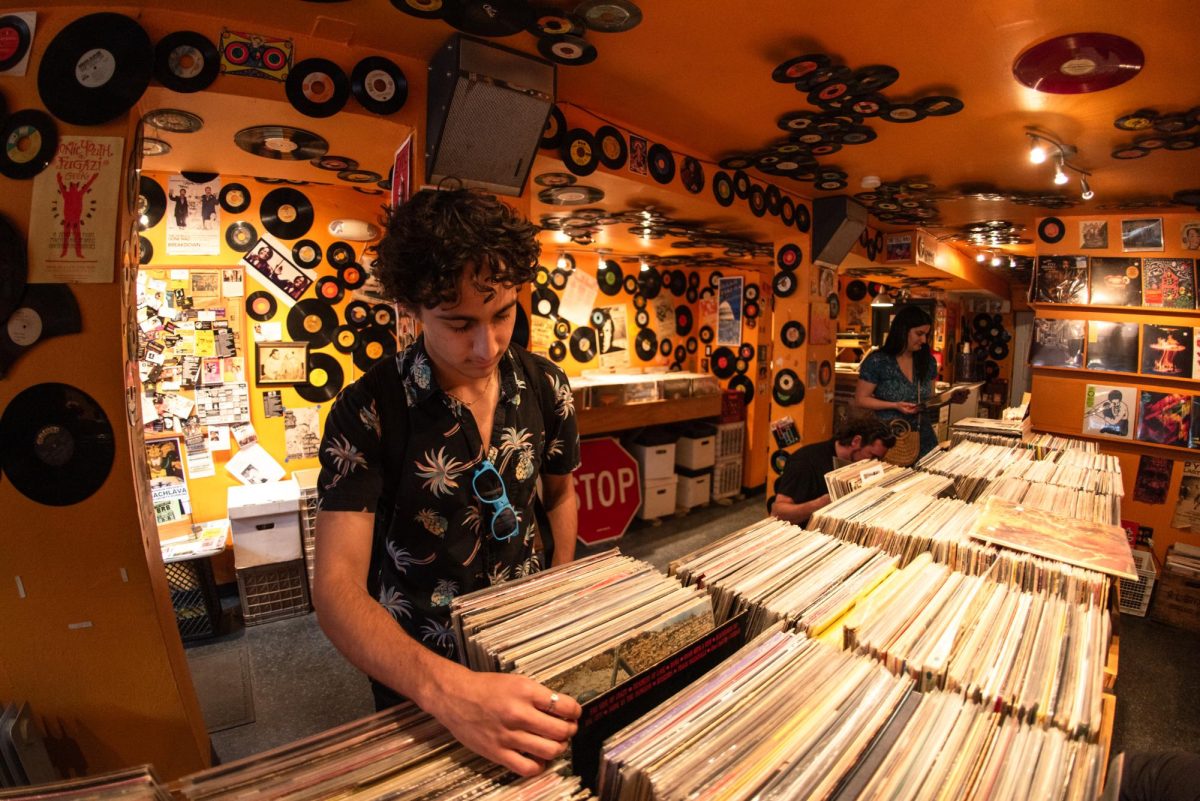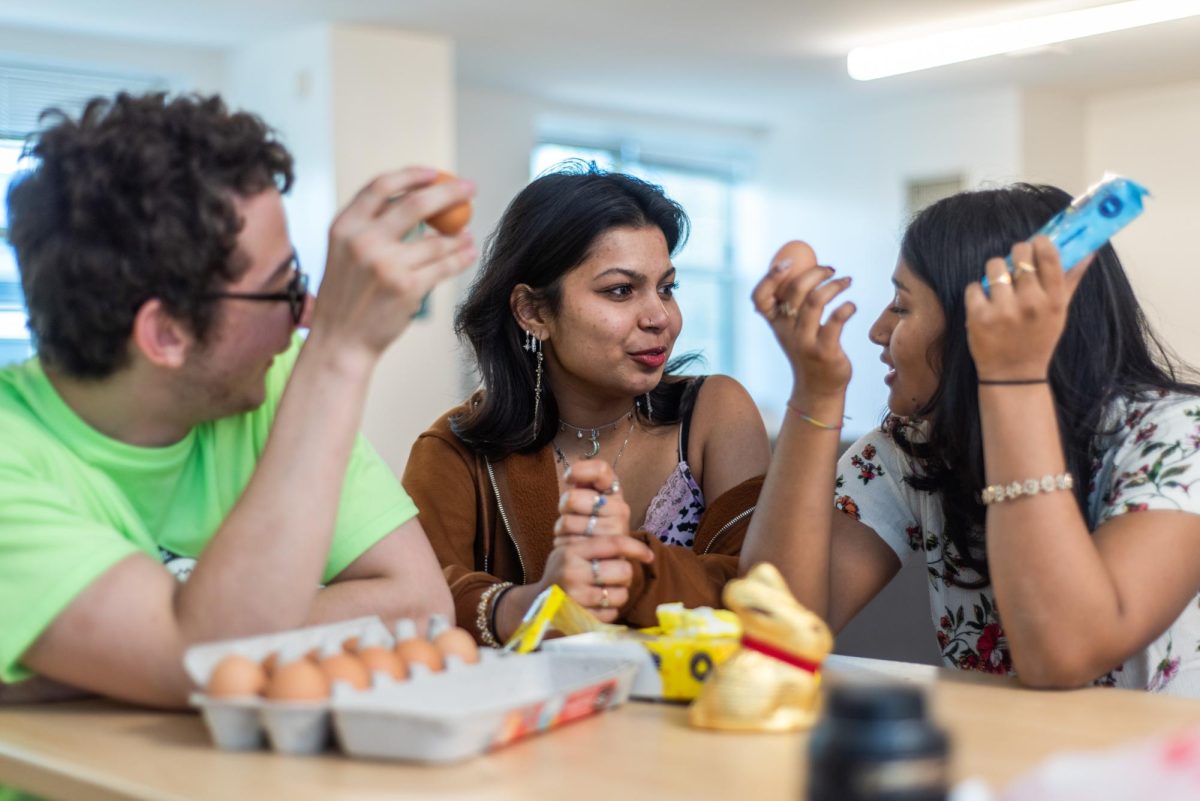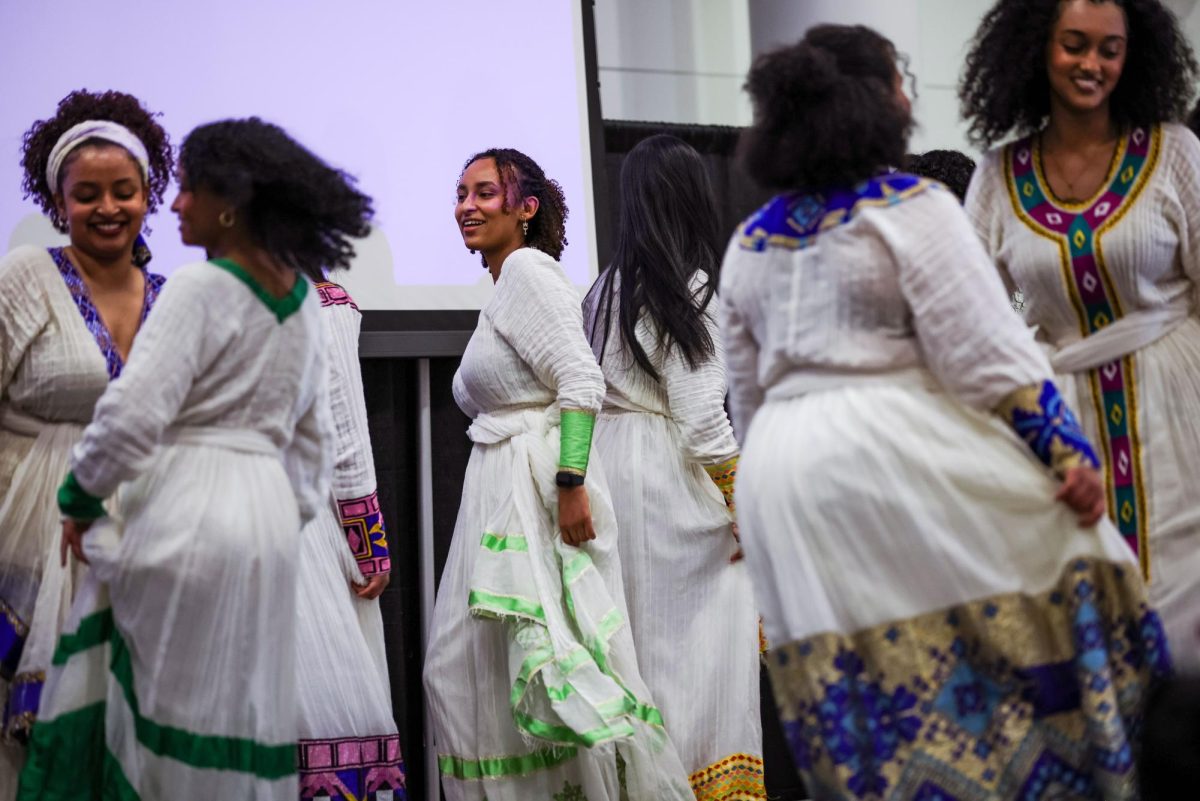When alumna Mariam Nusrat stumbled on a video of animal cruelty against a donkey on the streets of Pakistan in 2018, she knew she had to act.
The donkey, who was later named “Hero” by his rescuers at a shelter, died from his injuries four days after the incident. Hero also served as inspiration for Nusrat’s newest app, which teaches people how to more humanely treat animals.
Nusrat, who graduated from GW with a master’s degree in international development studies in 2015, said she spent four months developing the app “KritterKneads,” which launched late last month to encourage people to show empathy for animals. Users walk through three levels of the app to learn about humane animal practices, resources animals need to survive and how to control animal overpopulation through spaying.
“While there wasn’t much I could do to save Hero, I was overcome by the urge to honor his legacy and try my best in making sure no other donkey, or animal, faces a similar fate,” Nusrat said.
KritterKneads is available for free download for Androids, and Nusrat said an iPhone version will be released soon. The app is one of several she has launched through her social-impact gaming studio, Gaming Revolution for Inspiring Development, which launched games on topics like reproductive health among young adults over the past couple of years.
Nusrat, the founder and director of GRID, also works as an education specialist at the World Bank, which she said has helped her develop ideas to teach others about animal cruelty. Each level of KritterKneads corresponds to a learning objective, like how animal care is better than animal cruelty and why spaying and neutering animals is humane.
“It was clear this was not a one-off incident, and if we wanted to change something, it wasn’t just saving the animals,” Nusrat said. “It was also doing something about the education.”
The first level of KritterKneads aims to teach users that humans rely on animals for food, labor and companionship. Users match tiles of animals to tiles signifying animals’ needs. You could see a dog tile and a tile representing protection, which would need to be paired together to advance to the next level. Another pair could be cows and milk, she said.
The second level focuses on how animal care is better than animal cruelty, which Nusrat described as a “side-scrolling, dodging game.” Users direct their character, named Hero, to run along and “catch” actions of care while avoiding actions of cruelty, which are both represented through graphics.
The actions are displayed visually through graphics that represent actions like love, water, food and donations to animals and rescue centers. The graphics of actions of cruelty depict actions like placing a load on donkeys, leaving the animals in heat, using animals for entertainment and kids throwing stones at animals.
“It’s kind of like Mario, so you’re running along and you’re catching actions of care, but you’re avoiding actions of cruelty,” Nusrat said. “And this one is cool because the character that is running is a donkey that is inspired by Hero.”
The third level is intended to teach players that spaying or neutering animals is the humane way to control overpopulation. Users can add and drop the animals to the spay and neuter clinic to demonstrate that it is the right way to care for pets. The goal of the level is to demonstrate to users that animals will live healthy and happy lives if they are neutered.
“We need to educate people so they can see animals as living beings that offer us their love and loyalty, that have feelings and emotions and deserve our respect and compassion,” Nusrat said.
She added that the GRID team is currently working to develop games about climate change, financial literacy and skills development.
“One of the things I learned from GW was to question the fundamental perspective that we have toward things and not to just take it for granted that games can only be fun and games can only be for entertainment,” Nusrat said. “Games can actually have a pretty broad use to other social sectors.”


